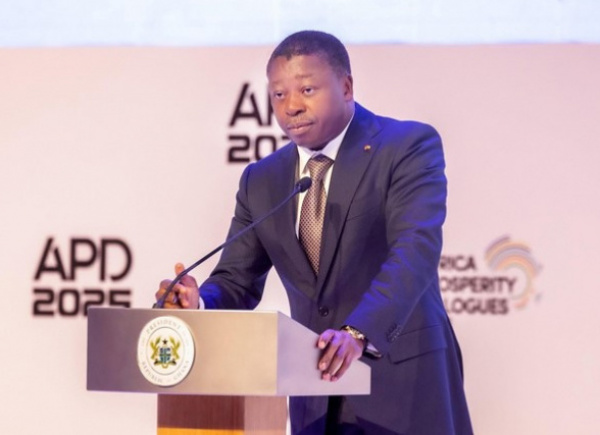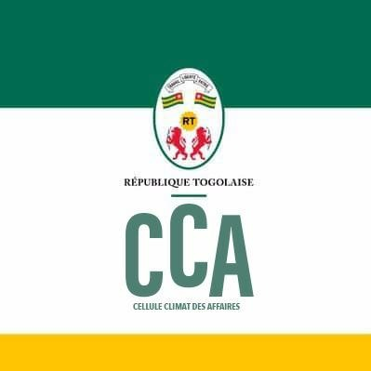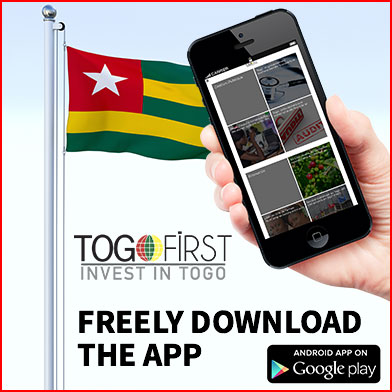Faure Gnassingbé: “Economic Integration Alone Won’t Solve Africa’s Problems”

(Togo First) - Economic integration is important for Africa to build a common market, but it is not enough to fix the continent’s deeper challenges. This was the core message Togolese President Faure Gnassingbé shared at the Dialogues on Prosperity in Africa (APD 2025), held on February 1, 2025, in Accra, Ghana.
President Gnassingbé, a key advocate for the Single Market for Air Transport in Africa (MUTAA) since 2018, shared a three-part plan to make Africa’s economy stronger and more independent.
Beyond Trade
Gnassingbé claimed that regional integration should be a leverage that helps Africa be more resilient to external shocks and become self-sufficient. Setting up a common market, he stressed, should not just be about opening up trade. The move should pair with a balanced model, which ensures a fair distribution of profits among concerned economic stakeholders while integrating key disparities that exist between African countries.
“Economic integration alone won’t solve Africa’s structural problems, like economic inequalities or geographical disparities,” the Togolese leader said. These disparities, he noted, should be integrated into regional development strategies.
To make integration work, Gnassingbé recommends drawing practical solutions that consider these differences and provide support for weaker economies. “The idea is not just to liberalize trade but to build a sovereign economic ecosystem,” he said.
Infrastructure Is Key to Reducing Inequalities
Better infrastructure—roads, ports, railways, and digital networks—is primordial for efficient economic integration and bridge inequalities, Togo’s n°1 said. He thus called for substantial investments in crossborder infrastructure, to link rural and landlocked areas to major economic hubs, and facilitate the movement of goods, services, and capital across the continent.
President Gnassingbé also pushed for creating economic corridors that link industrial and agricultural zones, and he suggested simplifying customs procedures with one-stop shops. In this regard, the African Continental Free Trade Area (AfCFTA seems ideal to coordinate these projects and bolster the continent’s economic cohesion.
Esaïe Doh

















